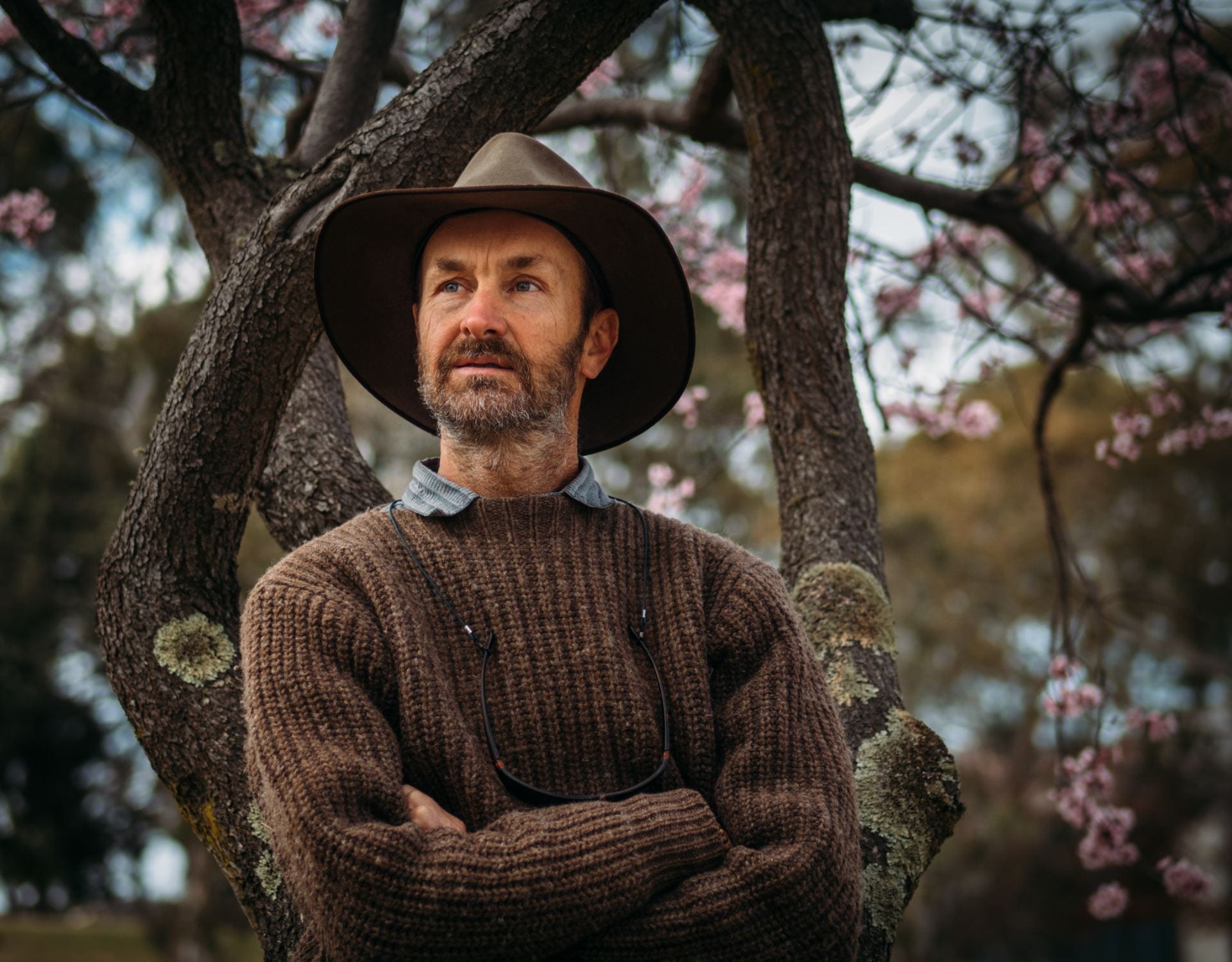The conference confronts the two most pressing threats to humanity and the Earth – global warming and the threat of nuclear war.
“It was phenomenally difficult to get Peace Studies started during the Cold War, requiring perseverance and creative thinking from founders such as the late Bernard Swan,” reflects UNE Peace Studies Course Convenor Dr Marty Branagan.
But from its first offering as a Special Reading Course for Honours students in 1982, Peace Studies at UNE today has a thriving undergraduate and postgraduate program. An international conference at UNE this December will celebrate its 40 year milestone.
We ask Marty why the conference matters, and what participants can expect.
What have been the benefits of holding international conferences in UNE Peace Studies?
Peace is often taken for granted or presumed to be something which only world leaders can organise. Our conferences show the importance of peace in economic, social, political and environmental spheres as well as in our daily lives. For example, it’s almost impossible to a run a university in a war zone. Our conferences explore the complex, interconnected nature of peace and various forms of violence, and explore how all of us can contribute to peace through how we parent and educate, through the words we use, films we pay for, banks and corporations we invest in, and actions we take. We aim for conferences which educate, build networks, and are solutions-oriented, enlightening and inspiring.
What are you looking forward to about this year’s conference? What will be some program highlights?
Gem Romuld is director of the International Campaign Against Nuclear Weapons, which won a Nobel Peace Prize for its successful work in getting nuclear weapons declared illegal by the international community. She’s an inspiring speaker – optimistic and visionary as well as pragmatic; her talk will be complemented by Dr Sue Wareham OAM, President of the Medical Association for Prevention of War. New Federal senator David Shoebridge is another highlight; he received a standing ovation for his anti-corruption work when he left NSW Parliament for the Federal sphere. We’ll also have Callum Clayton-Dixson, who led an innovative buyback of Anaiwan land, Elders Auntie Rose Lovelock and Uncle Steve Widders, and Bernie Shakeshaft, founder of the renowned BackTracks organisation.
What is it about UNE’s reputation in Peace Studies that attracts such international speakers and participants?
We have an incredible record of PhD success with students from across the planet, often from less developed and conflict-ridden countries. We have consistently high evaluations for our teaching. We have a prodigious and prestigious record of diverse publications, and a record of creating highly successful conferences. We’re well known locally and within peace scholar, advocate and activist communities.
This year’s conference marks the 40th anniversary of Peace Studies at UNE. Why is that such a significant milestone and how will it be celebrated at the conference?
It was phenomenally difficult to get Peace Studies started during the Cold War, requiring perseverance and creative thinking from founders such as the late Bernard Swan. There have also been some exceptional and dedicated characters involved, including Geoff Harris, the late Max Lawson, Rebecca Spence, Bert Jenkins, Helen Ware, Vanessa Bible, Johanna Garnett and DB Subedi. There have many challenges but we have survived and thrived, continuing to change the lives of our students and make the world a more peaceful place.
What will be some of the issues highlighted, and how can the conference help address them?
The conference confronts the two most pressing threats to humanity and the Earth – global warming and the threat of nuclear war. Environmental researchers, advocates and activists will describe some of the positive developments and possibilities, while Gem Romuld, Dr Sue Wareham and others will explore successful peace activism such as through lobbying and divestment. We have some great Aboriginal and African speakers, and the occasion will be more of a confest than conference, with art by the internationally-renowned Yuin artist Uncle Lloyd Hornsby, performances of Dr Lorina Barker’s immersive ‘Trucked Off’, Dr Alana Blackburn’s multimedia ‘Regrowth’, a reading of Dr Richard Jordan’s award-winning play ‘The Tiniest Thing’, field trips, and a Belgrave film festival with documentaries ‘Atomic Confessions’, ‘Pray the Devil Back to Hell’ and ‘The Bentley Effect’.
Who should come along to the conference?
Anyone who cares about people, the planet and the future. While examining confronting issues, we aim for a positive conference that looks at current or possible solutions for minimising violence of all kinds. In the midst of pessimism and anxiety which many are feeling, we aim for empowerment, hope and a celebration of all that Peace Studies and its supporters have achieved over forty years, and aim to do into the future.



Recent Comments